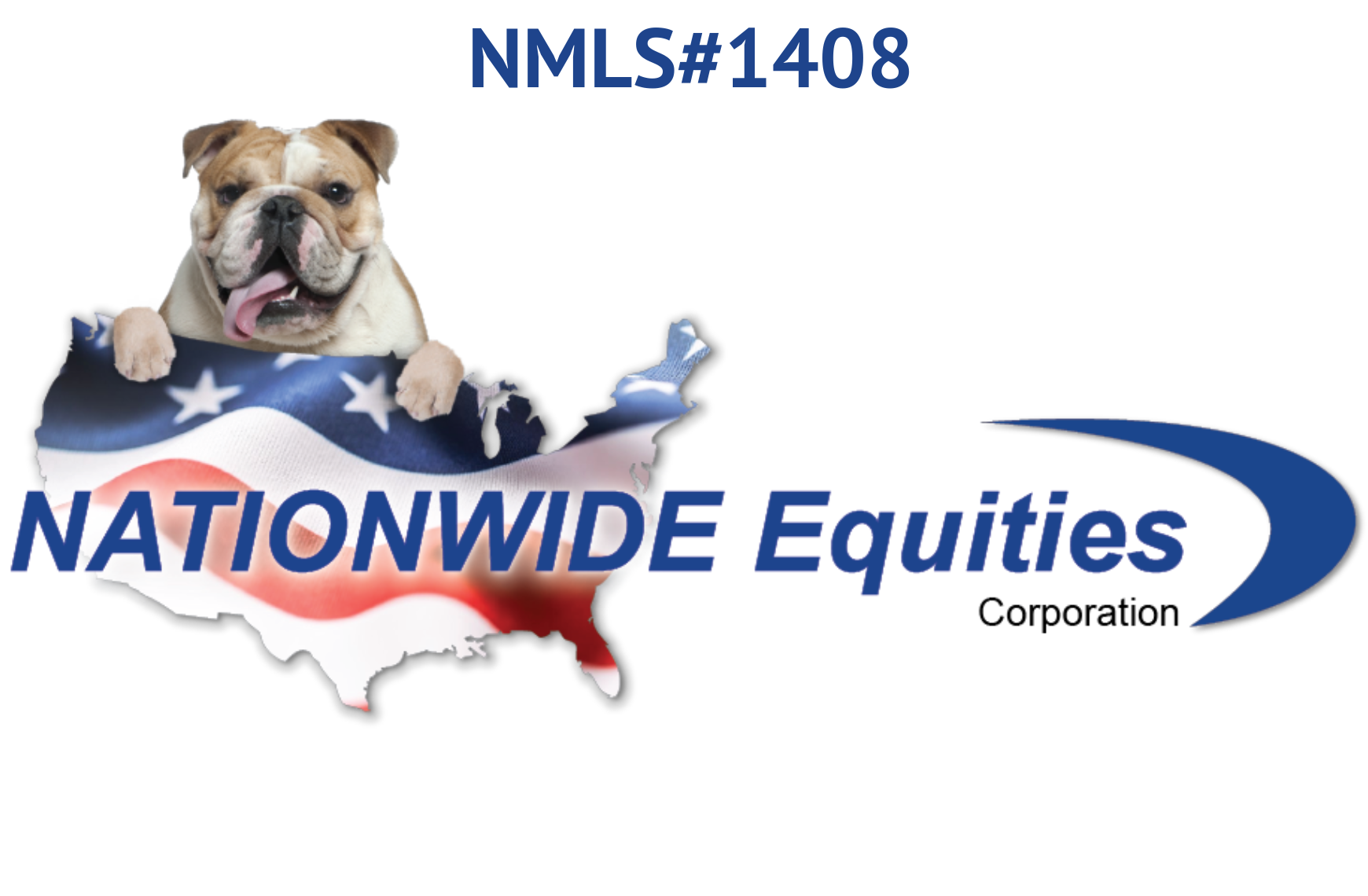Reverse FAQ's
A reverse mortgage is uniquely structured to make retirement finances more manageable. It allows you to cash out a portion of your home’s equity and live in your home with no required monthly mortgage payment.* You only need to follow the loan’s terms and pay your other payment obligations such as property taxes, homeowners insurance and maintenance.
Absolutely! Many reverse mortgage borrowers choose to continue making payments to lower their loan balance, just like a traditional mortgage. A reverse mortgage allows homeowners the option to make monthly payments to avoid any stress if you can’t pay your mortgage payment. Just like a traditional mortgage, you still pay separate property taxes and insurance.
Yes. This is the most common misconception about reverse mortgages. The purpose of any mortgage, including a reverse mortgage, is to facilitate homeownership. You only need to follow the loans terms and make your other payment obligations. Your heirs will still inherit your home. Just like if you had a traditional mortgage, they can sell the home and keep the equity, or take on a new mortgage to keep your home in the family.
Your estate, including financial assets, possessions and additional property, are not affected by your reverse mortgage whatsoever.
During your initial financial assessment, one of our loan specialists will explain which homeowner expenses are not included in a reverse mortgage. The proceeds you receive from your home equity can help with home remodeling and repairs. The funds may even help you sustain a comfortable lifestyle so you don’t need to use your retirement savings early on in your retirement. Remember, your equity funds are tax-free!1
HECM reverse mortgages have options for borrowers who may have trouble with paying for homeowners insurance and property taxes. If you have any concerns, one of our licensed loan specialists can explain these options.
Reverse mortgages are only allowed for your primary residence, which means you live there for at least 6 months and one day per year. Your home must meet minimum property standards, meaning it is safe and in good condition.
If your home falls into one of these categories, it may be eligible for a reverse mortgage:
- Single-family homes
- Multi-family homes with up to 4 units
- Condos (must be approved by HUD for a HECM)
- Manufactured homes (must be approved by HUD for a HECM)
Note: We don’t require HUD approval for condos or manufactured homes with our EquityPower reverse mortgage!
Counseling is an essential step to a reverse mortgage. After you accept our proposal, we will send you a list of third-party licensed counselors that you can make an appointment with. The counselor will make sure that you (and your spouse, if applicable) fully understand what a reverse mortgage is, and how it will fit into your retirement finances. They will discuss all your options with you to make sure a reverse mortgage is the best fit for your needs and priorities.
One of the primary features of a reverse mortgage is the ability to convert a portion of your home’s equity into tax-free1 cash. The amount of money you can access is based on three factors: your age, your interest rate, and the value of your home. Your age and interest rate generate a percentage, which is then applied to your home’s value. After any lien payoffs (like your existing mortgage) and loan costs are deducted, you receive your equity funds!
Equity funds can be disbursed through a line of credit, monthly installments, or a lump sum, depending on which reverse mortgage product you choose. You can also refinance your reverse mortgage! As your home value goes up, and you get older, your percentage increases, making more money available to you.
Our borrowers use their home equity funds in many ways! Among the most common are paying off credit card debt, upgrading their home or doing home modifications, purchasing a vacation home or investment property, traveling, starting a college fund for grandchildren, paying for a child’s wedding, and starting a small business. However, these funds can simply be kept as a safety net or used as cash each month.
Reverse Refinance FAQs
The equity funds you received from your first reverse mortgage were based on your home value and your age at the time. As property values rise and you get older, you become eligible for additional funds from your home equity. If you are unhappy with your interest rate, refinancing may allow you to lower your rate.
Unless you are refinanacing with a “streamline” product, then the documentation you need for a refinance is pretty similar to what you needed for your original mortgage. You need proof of income, which includes the last 30 days of pay stubs, current tax returns, and tax forms such as W-2s and 1099s. Your homeowners insurance and title insurance is needed. You also need your credit information, any monthly debt payments, and your total assets. Lastly, you will need a current appraisal of your home.
The refinance waiting periods are different depending on your loan. For example, HECMs are eligible to refinance after one year. EquityPower reverse mortgages can be refinanced after 18 months. Other proprietary loans may be eligible as soon as 6 months after closing! If you are unsure whether or not you are eligible to refinance, our loan specialists can help you find out.
If your first reverse mortgage was a HECM and your home has a high value, you may be able to access more money! HECMs have a lending limit, which means no matter how high your home’s value is, you will be capped at a certain amount. EquityPower can allow loans up to $4 million or more.
Reverse for purchase FAQs
Absolutely. If your home appreciates in value, your equity grows, and you may become eligible to refinance and access some of that equity! The equity proceeds from your initial reverse mortgage are used to finance the home, but refinancing your HECM allows you to access tax-free1 cash to use however you’d like!
The percent down requirement is based on your age, interest rate and the price of the home. Although the down payment requirement is higher than that of a traditional mortgage, a HECM for Purchase allows you to live in your new home without making a single monthly mortgage payment!*
Your down payment must be your own money or money obtained from the sale of your current home. You can draw money from your savings, and monetary gifts from a family member are permitted. However, the money cannot be borrowed from a family member, a bank, or any other funding source that you will need to repay. That also includes borrowing against an asset such as a CD or life insurance policy.
Home Purchase FAQs
With a pre-qualification, you are getting an estimate of how big of a mortgage you can afford. Also, a good rule of thumb is that your debt payments (including your mortgage) should be no more than 36% of your income.
Minimum down payment amounts vary depending on the type of loan. For instance, FHA loans have a low down payment requirement of only 3.5%. With a conventional loan, borrowers will need to put down at least 5% or at least 20% to avoid paying private mortgage insurance. VA or USDA loans have no down payment options.
Traditional loans usually require a minimum credit score of at least 620. However, offers solutions to meet the needs of nearly any borrower, including those with low credit scores. Our SOS Loan Non-QM program accepts borrowers with credit scores as low as 500! If you’ve been turned down by other lenders due to a low credit score, we may be able to help! Contact us today to learn more about our SOS Loan Non-QM programs.


